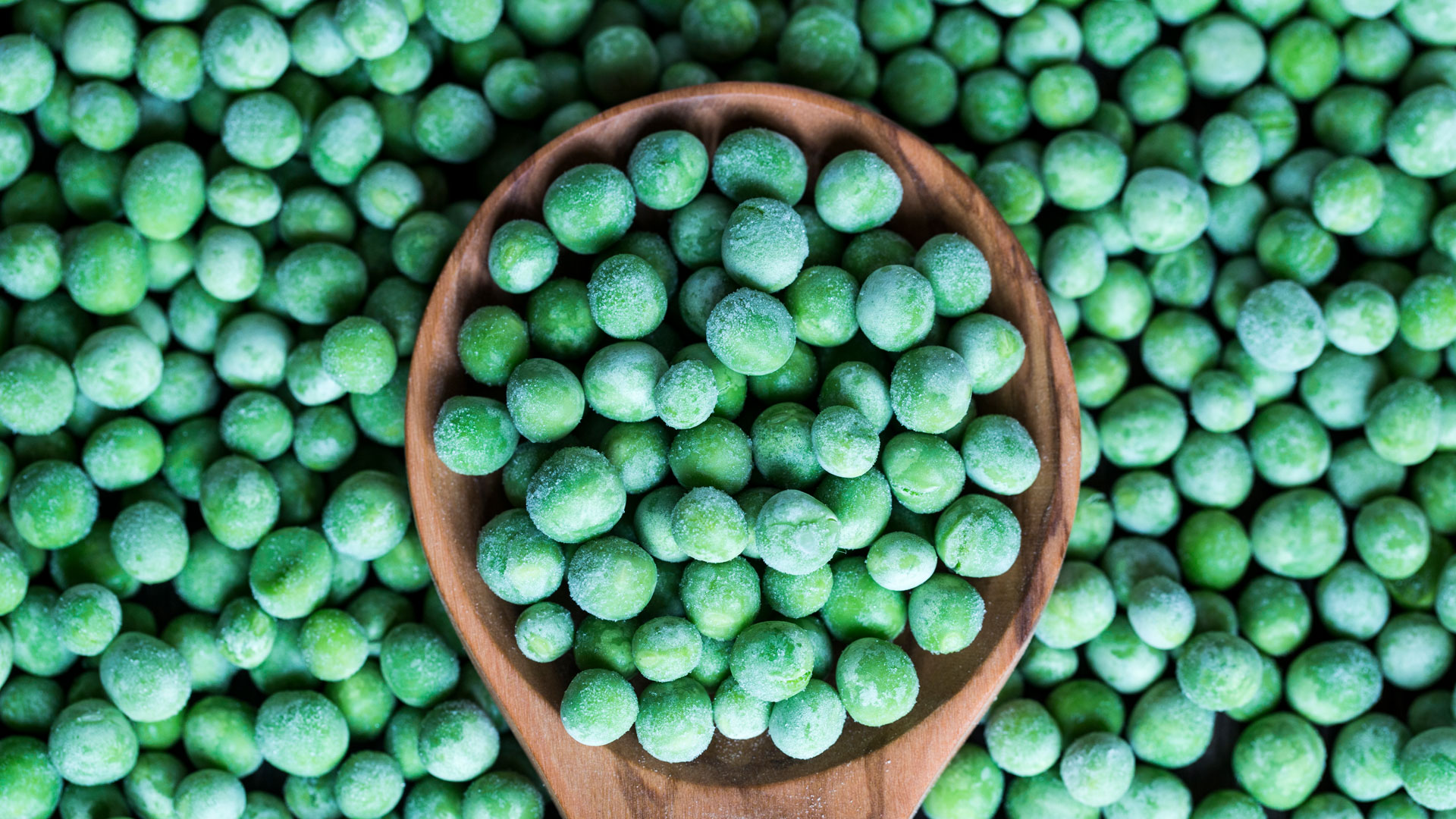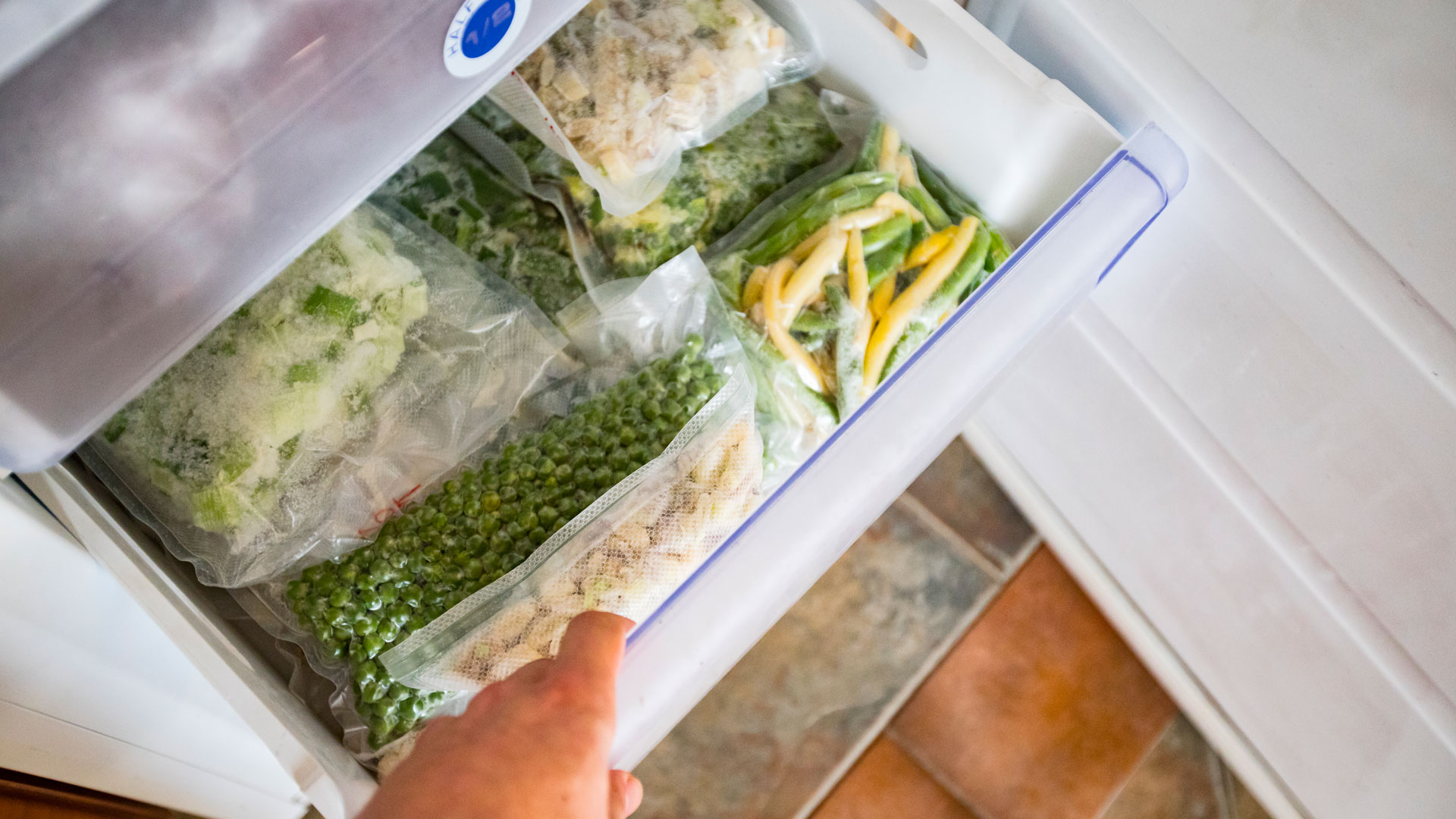Since COVID-19, many of us have been relying on one of the best freezers to store food, removing the need for unnecessary trips to the grocery store. Using your freezer effectively could save you money, prevent food waste, and also save you time.
But which foods are suitable for freezing? And, how long can you freeze meat, grains, or vegetables for?
In this article, we’ll run through some staple foods, how long you can freeze them for, and some tips for making the most out of the space in your freezer, as well as optimizing leftovers.
How long can you freeze meats for?
It’s common knowledge that you can freeze meat, but what many don’t know is how long you can freeze each type of meat for.
According to foodsafety.gov, the shortest freezing times are for foods such as bacon and sausages. Food Safety recommends that you store sausages in your freezer for up to one month and bacon for one to two months. Hot dogs can also only be frozen for up to two months.
Meats with a longer freezer life include ground meats which can be frozen for three to four months, chicken pieces can be frozen for up to nine months, whereas whole chickens can be frozen for up to one year.
If you’re defrosting meat that’s already been frozen, it’s essential that you don’t refreeze it again. Likewise, if you’ve just cooked some meat and you need to store it in the freezer, always wait until it has cooled down completely, as adding warm food to your freezer will affect the overall temperature of the freezer and can cause other food to thaw out slightly.
Can you freeze vegetables and how long for?
The answer is yes! Although, certain vegetables do freeze a lot better than others. As a general rule, firmer vegetables such as carrots and cauliflower freeze much better than softer vegetables. Herbs freeze particularly well too and offer a great way of using fresh herbs without any waste or the plants going off before you have time to use them.
Vegetables that have high water content don’t freeze well. Stay clear of freezing things like cucumbers and salad leaves - with the exception of spinach, which freezes very well.

How to freeze vegetables properly
If you want to freeze some veggies, it’s not quite as simple as sticking some raw vegetables in the freezer and hoping for the best. Instead, vegetables should be peeled or prepped and then blanched. This is because blanching prevents the vegetables from losing their flavor when you freeze them. Blanching also makes the vegetables easier to store in your freezer.
According to the National Center for Home Food Preservation, you should use ‘one gallon of water per pound of prepared vegetables. Put the vegetables in a blanching basket and start the blanching time as soon as the water returns to a boil’. How long you should blanch for depends on the vegetable.
Once you’ve blanched your veggies, you need to cool them down quickly to prevent them from continuing to cook. One of the easiest ways to do this is to place your vegetables in some cold water along with some ice cubes.
Once you’ve prepped, blanched and cooled your veggies, it’s time to get them in the freezer. Before you do though, consider how you’re going to use your vegetables when you thaw them out. The reason for this is because if you store all of your vegetables in one bag or container in the freezer, it’s very difficult to take out a portion without having to thaw out an entire block.
If you just want a few veggies at a time, it’s best to initially place your blanched and cooled veg onto a baking sheet, allowing plenty of space in between portions, and then put that into the freezer. Once your veg has frozen, you can decant it into smaller containers.
Which other foods can you freeze?
There’s a huge list of foods that are safe to freeze, but some that might surprise you include hard cheese, peeled bananas, bread, and milk.
Overall, if done carefully, freezing food means you can have a fresh supply of vegetables and meats that is packed full of nutrition but doesn’t require you to eat all of your produce in one go.

